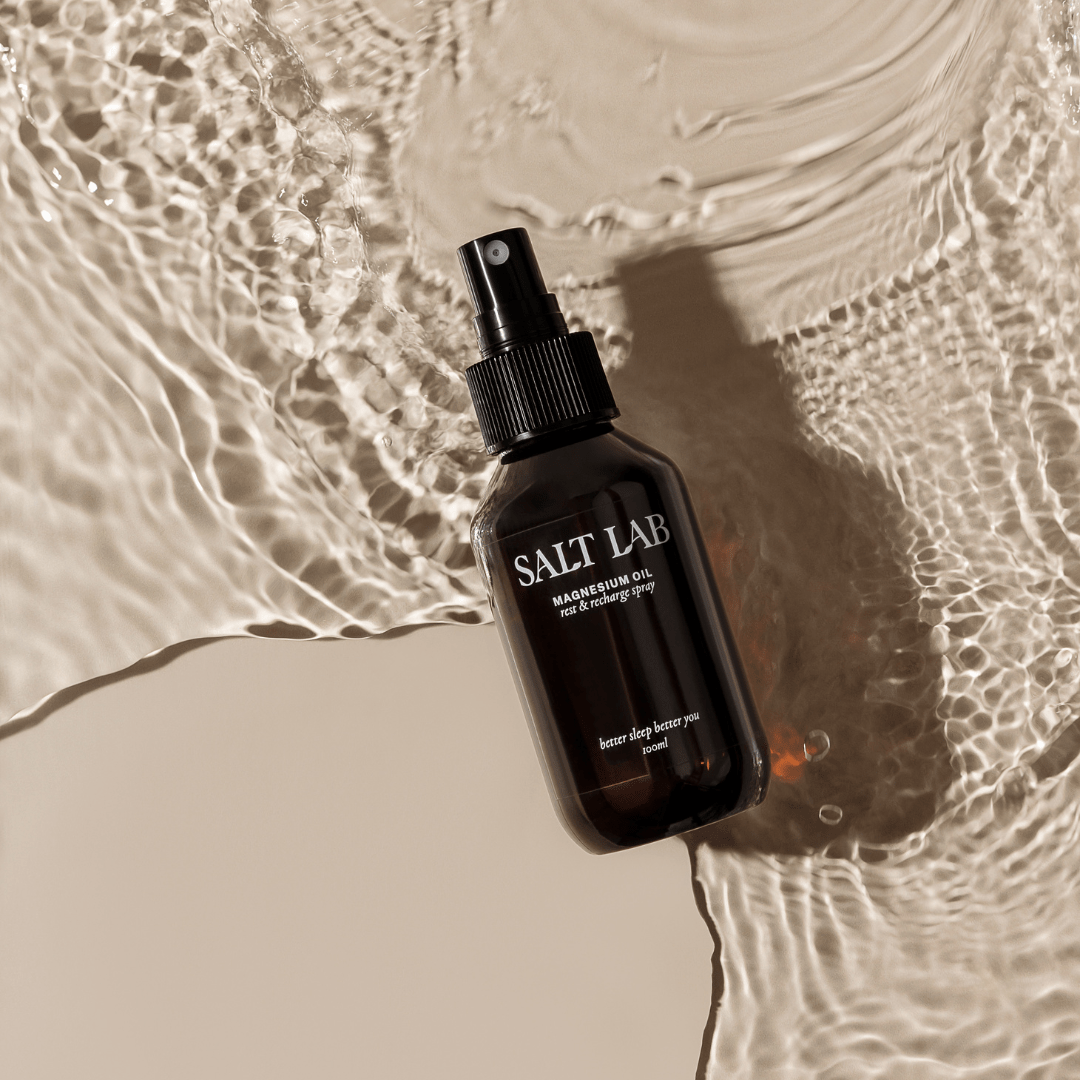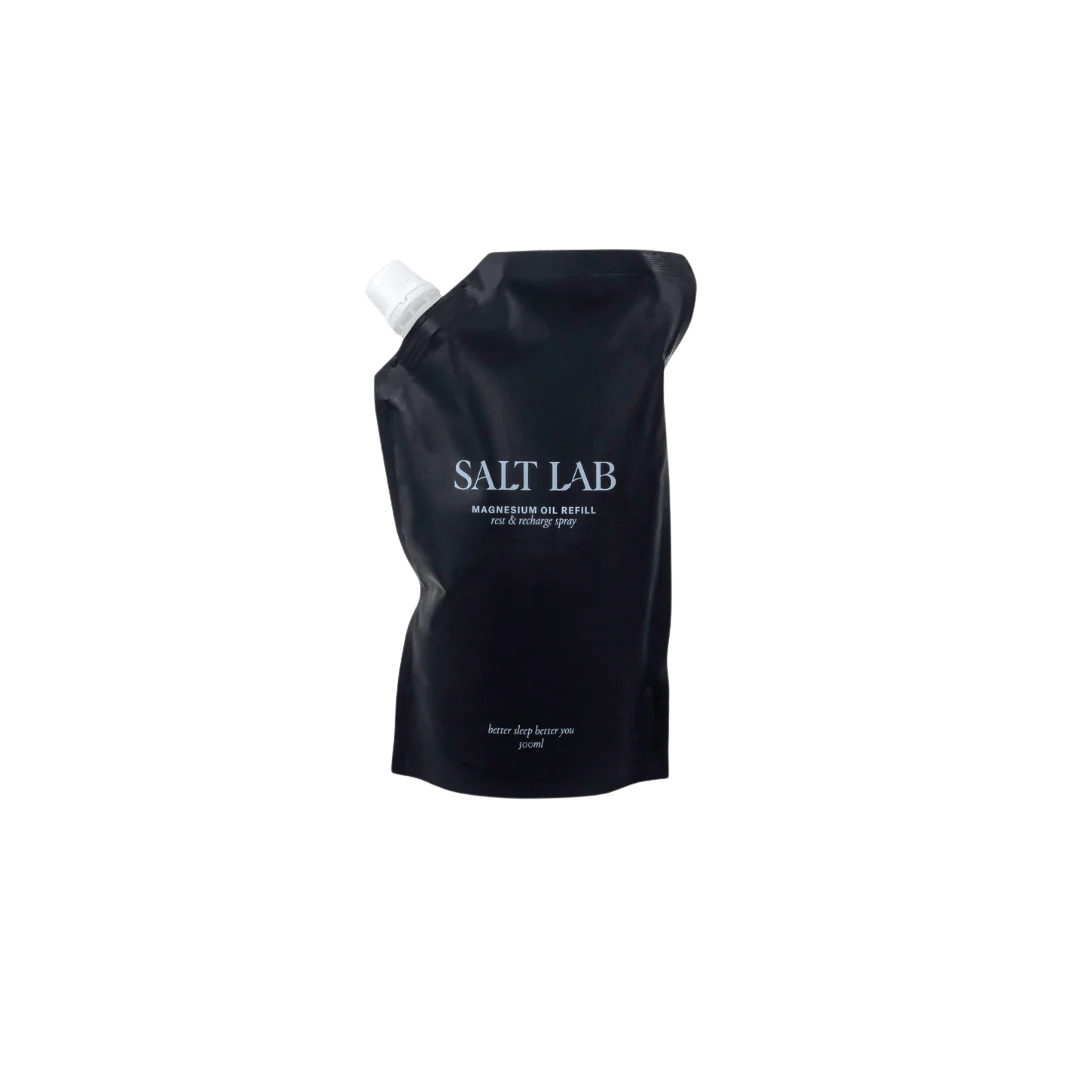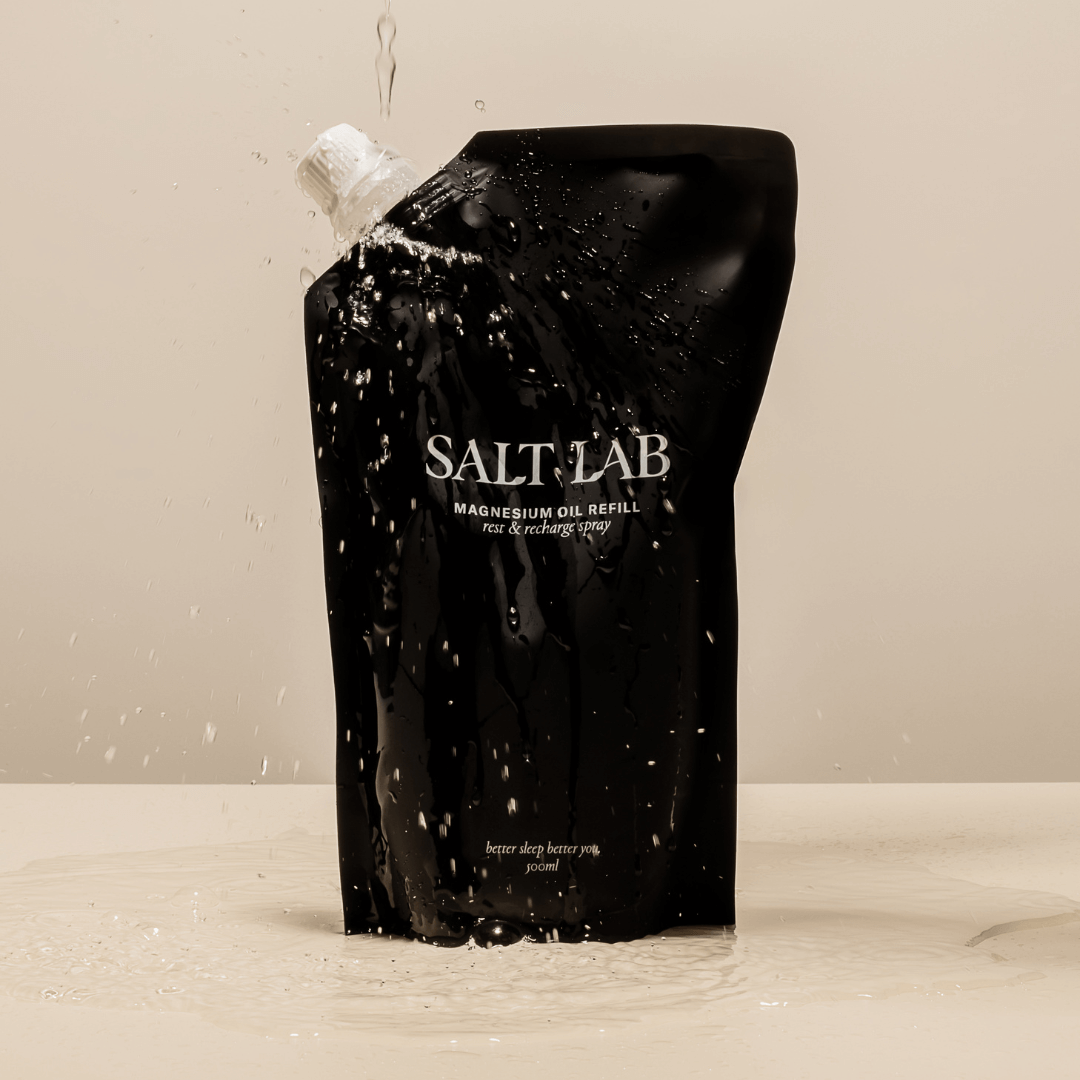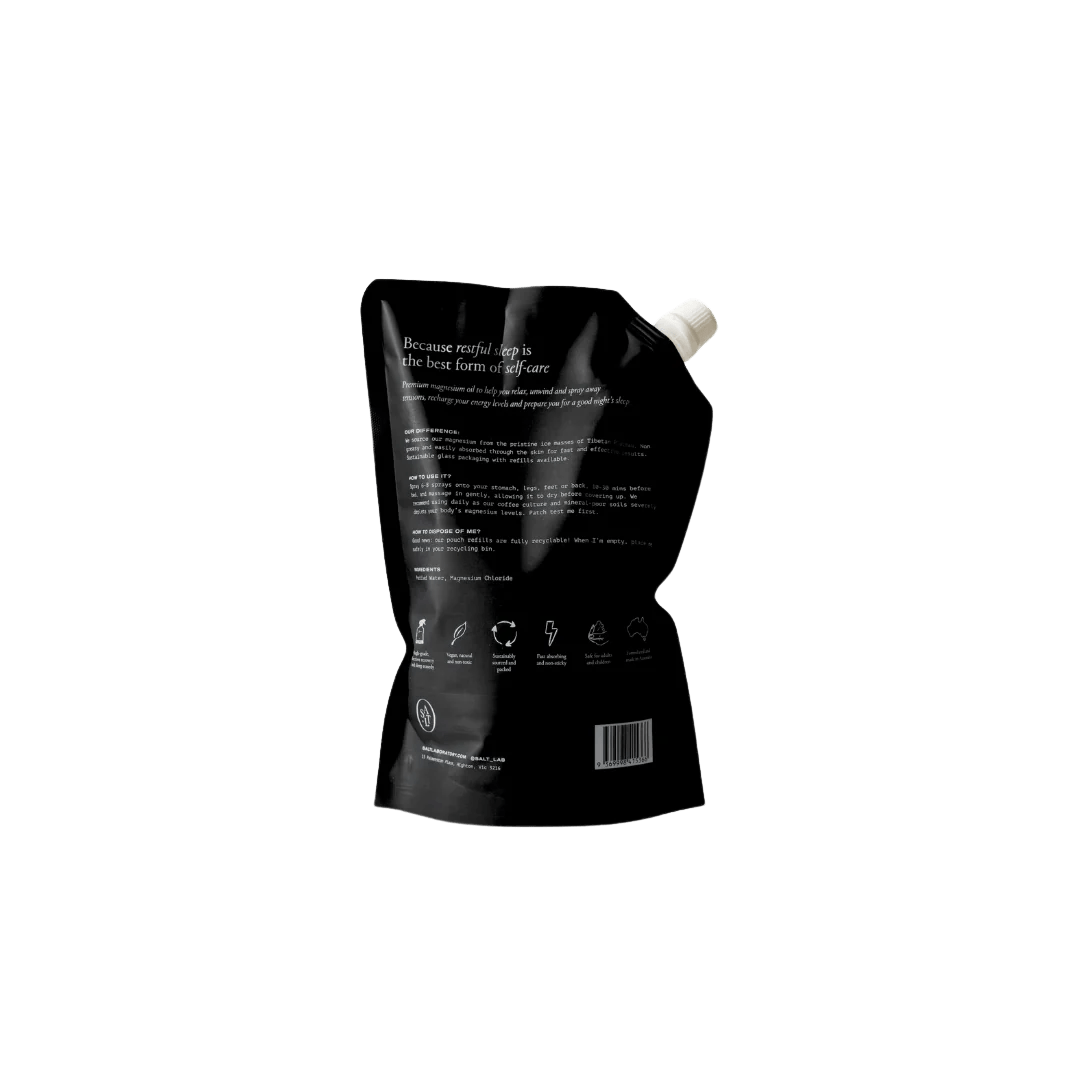Humans have been using the skin as a direct pathway into the body for centuries, and only recently have we begun to understand the science behind it. The concept of transdermal magnesium - a technique for supplying the body with minerals via the skin, might initially appear innovative, but it rests upon both ancient principles and advanced scientific insights.

The term "transdermal" or "dermal absorption" refers to a method of applying a substance that goes through the skin and enters the bloodstream, spreading throughout the body. If you know about nicotine patches for people trying to quit smoking, that's an example of how this method works.
This process is known as dermal absorption. Once a substance traverses the outer skin layers, it enters the lymph and blood vessel system, subsequently entering the bloodstream.
You might be curious about how these substances manage to move through the skin. The most common pathway is called the "intracellular pathway." This means the active ingredients pass through the tiny spaces between your skin cells to reach the blood vessels and then travel in the bloodstream to different parts of your body.
To visualise this, imagine tightly woven fabric. While it may seem impermeable from a distance, it's actually highly porous up close. It's this porous quality of the skin, with its multitude of minuscule openings, that enables not only the release of sweat and other toxins but also the absorption of certain substances.
Though the exact mechanisms of skin transfer aren't fully comprehended, three pathways of penetration are theorised:
- Intercellular Skin Absorption; transpiring between the cells of the outermost skin layer, known as the "stratum corneum".
- Transcellular Skin Absorption, involving the passage of substances through the skin cells themselves
- Skin Absorption Through the Follicles and Glands, also recognised as "appendageal absorption," which might also display "reservoir effects," where substances could be stored within the glands for gradual absorption

When it comes to choosing between topical and oral ways of taking medicine, both methods send the active ingredients into your bloodstream to reach various body parts.
The benefit of using the topical method over the usual oral method is that it skips the initial processing in the digestive system. This is why topical application can make the active ingredients more available for your body to use.
In a study from 2010 published in the European Journal of Nutraceutical Research, scientists wanted to see what happened when people were treated with topical magnesium. After twelve weeks of using a solution with 31% magnesium chloride, about 89% of participants showed an average increase of 59.5% in their cellular magnesium levels.
If you wanted to achieve the same results using the same concentration of active ingredients but in a pill, you'd swallow, it would take you anywhere from 9 to 24 months of treatment.
Although the skin's barrier function is to retain water and moisture while excluding germs and toxins, the skin's other functions—temperature regulation and detoxification—would be impeded if the skin functioned as an absolute barrier.
For instance, when you perspire, you simultaneously manage your body's temperature and naturally expel toxins through your skin. If toxins can exit, they can also enter. A case in point is the observation that individuals who regularly use underarm deodorants containing aluminium can exhibit traces of aluminium in urine tests.

Now, when it comes to magnesium, it's an essential mineral that our bodies need. Unlike other foreign substances, our cells happily welcome magnesium. So when we apply magnesium oil to our skin, it's like giving our body a direct and natural source of this important mineral. The magnesium is absorbed by our cells and put to good use.
Hear what people are saying about Salt Lab's Magnesium Oil Spray:
"Life changing!. The Magnesium Spray from Salt Lab is incredible! My partner and I have both been sleeping SO much better. My whole family has now purchased some & everyone is loving it! 5/5 for sure!" Dakota M.
"The spray has definitely helped me with my restless sleeping. Usually I only get 5-6 hours but I've been getting 7-8 of late using the spray." Lisa M.
Try it for yourself today. You'll wish you had discovered it sooner > https://www.saltlaboratory.com/collections/all































